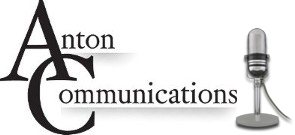Issues Management & Crisis Communications: It is paramount that an organization emerges from a crisis with its message and reputation intact. We help you prepare for a crisis, and when it happens, we’re there to handle the media spotlight. We know how to work under deadline pressure and make smart decisions quickly.
We work closely with a client’s general counsel and law firms to anticipate and mitigate, potential media coverage of litigation, regulatory investigations, labor disputes, public protests and many other legal challenges.
We provide strategic communications support to legal counsel in support of their criminal and civil case objectives. Our services include:
- Message strategy development
- Case-related media relations
- Communication and argument assessments
Litigation Communications: We work closely with law firms or a client’s general counsel to provide strategic communications support at all stages of civil or criminal cases. We can help you develop strategic messages, assess the public response to legal arguments and communicate effectively with audiences outside the courtroom. We anticipate and mitigate potential media coverage of litigation, labor disputes, protests and other legal challenges.


